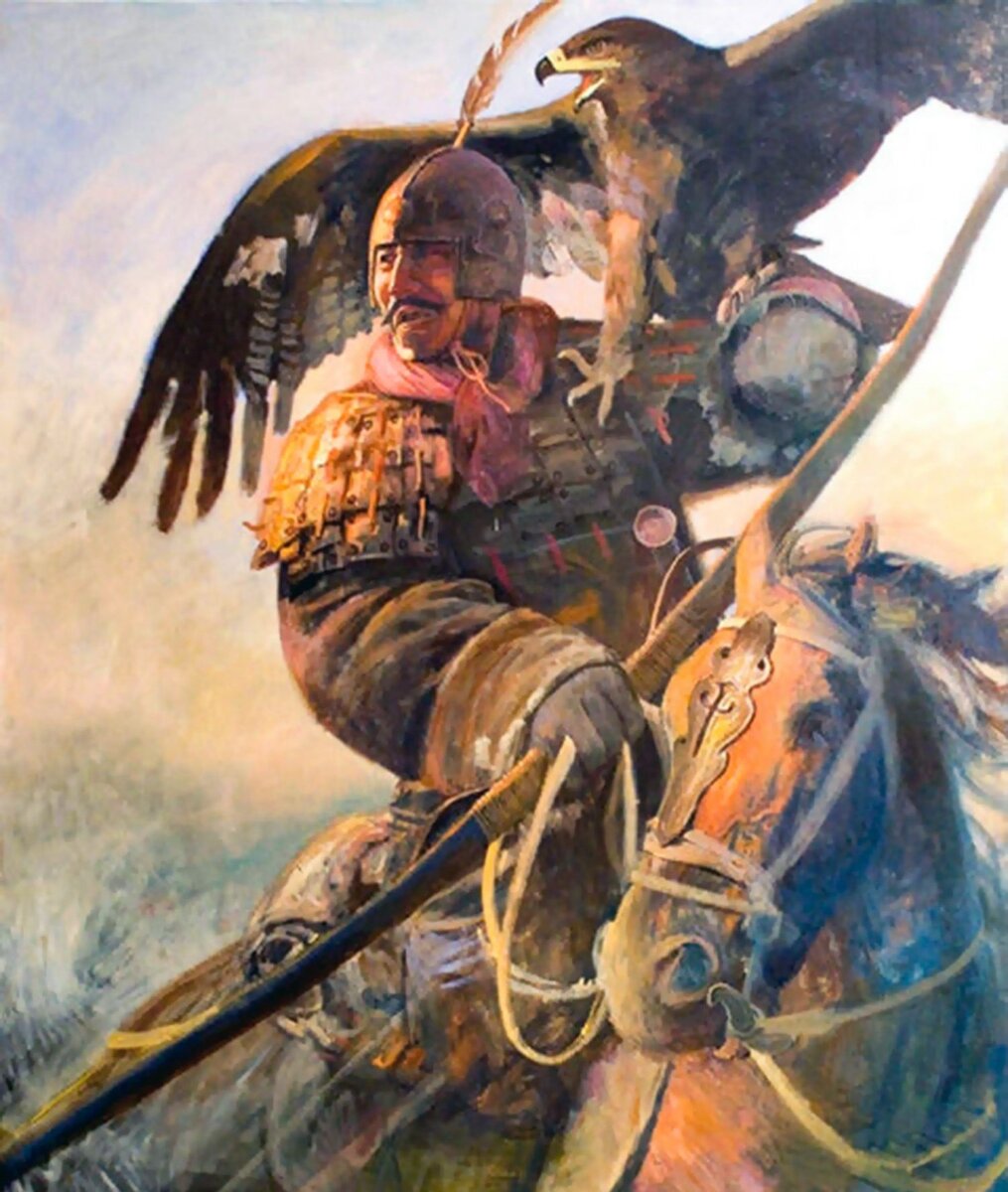After losing a battle to his former friend, Genghis Khan disappears from all radars for about 8 years. Where was he all this time? There are several different points of view, in this article we will deal with one of them.

A little spoiler for this article crept into the description of the figure.
Among modern researchers of the life of the great conqueror there is an opinion that Temujin after the battle of Dalan Baljat fled to the south and joined the court of Wanyan Ulu, the leader of the Jin Empire. Simply put, Genghis Khan went into the service of the ruler of Northern China.
In support of this point of view can be cited the records of Ambassador Zhao Hong, who mentions that a certain Temujin was at the court of the emperor as a slave. Taking into account that the guys from Celestial Empire always arrogantly treated aliens, the concept of «slave» should be interpreted in a different way. Genghis Khan’s military and administrative skills were beyond doubt, so it is quite possible that the future great conqueror got a command position in the imperial army.

Who knows, perhaps Temujin became a great military commander in the Celestial Empire…
The Jin Empire at that time needed wise commanders, because there was someone to fight with. Tatar tribes almost daily made a fuss on the borders, and from the south backed up new «collectors of lands», so to make a military career at the court of the Jin ruler was not so difficult, the main thing to be able to wave a saber, and shout at soldiers, preferably using emotionally colored constructions.
In general, the escape of steppe people to Northern China was quite normal practice. Temujin realized since childhood that he would not be enslaved again, and the defeat of Jamukha promised just such a fate. And to rebuild his own ulus from scratch is no small undertaking. I think that the service at the court of Vanyan Ulu became for Genghis Khan a kind of Moscow, where he went to earn money, working like a cursed man, only to build his house in Mongolia and bring up his own brood.

Where there are eternal warriors, there is always a demand for good commanders.
Speaking of the brood, it is not known what his wife was doing between 1187 and 1195, but I assume he took her with him, as well as some loyal companions who would later become his commanders, otherwise, where would he look for them on his return? Eight years, after all, is no small amount of time.
It is worth noting that in addition to earning money, Temujin emphasized from feudal China and some orders, in accordance with which he would later form his army. Genghis Khan’s future army would become a model of steppe pressure and severe stick discipline that operated in Northern China. Only he, unlike Emperor Wanyan Wulu and his successor, will not want to manage the troops, sitting in the palace, and will actively command in battles. Actually, this would make him a great conqueror and a favorite of the Mongols.

Map of the Jin Empire. As we can see, quite a dangerous region.
As a leitmotif of Temujin’s service at the court of the Jin Emperor, will be the fight against the Tatars. He still remembered how these unscrupulous steppesmen had poisoned his father and fought against them with great zeal. It is noteworthy that after returning back to the steppe, Genghis Khan will immediately go on a new campaign against the Tatars together with his suzerain Togril, and after the victory over the supremacists will receive a high title of «Jauthuri», something akin to a military commissar.
Genghis Khan’s interest in China did not fade throughout his life, he will even equip several campaigns against representatives of the Celestial Empire. Moreover, he would act decisively and with knowledge, as if he himself had lived in China for a long time…or at least eight years….
In 1195 Temujin reappears in the history of the vast Mongolian steppes. This time he is filled with confidence that he is able to realize his ambitions and revive the legacy of Yesugei. But that will be discussed in the next episode.
